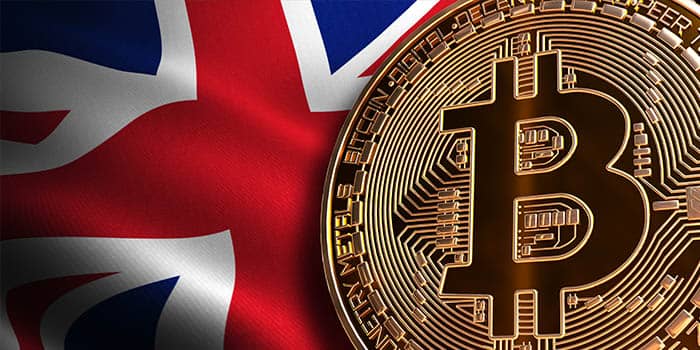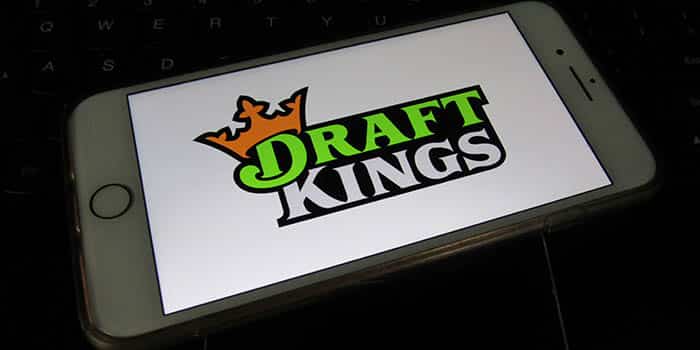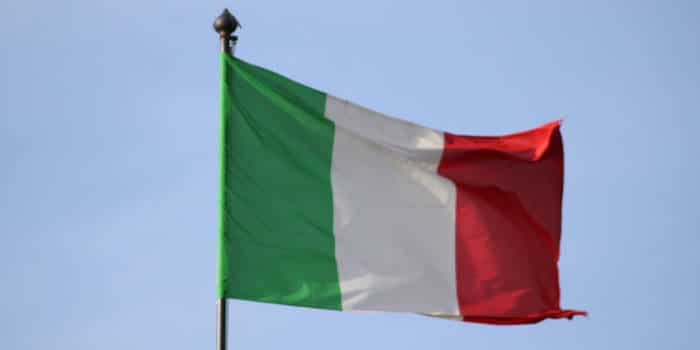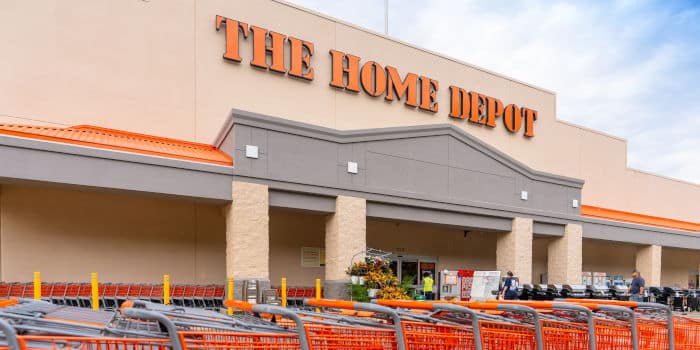GGL Asked ISPs to Block Offshore Gaming Brands

The Glücksspielbehörde (GGL), Germany’s new gambling regulator, asked Internet service providers to block offshore betting operators. The German market is currently struggling with high illegal gambling rates – something the new regulator is hellbent on fixing.
The GGL Asks IPSs to Block Unlicensed Gambling Operators
Although the GGL is yet to take full control of gambling in the country, it already has plans on dealing with the black market. Namely, the authority plans to use IP blocks to bar offshore brands from taking bets.
However, the GGL will not have full control until the start of 2023. Because of that, the regulator sent a letter to Internet service providers in the country, asking them to block unlicensed operators. While the GGL emphasized that it will not force them to do so, it kindly asked them to assist in curbing the black market, lest they be fined.
This comes a week after the new German regulator blocked Lottoland and subsequently requested IPSs to block its access to the country.
Failure to Comply May Result in Fines
As per Germany’s revised gambling from July 2021, companies are allowed to use IP blocks to stop black market companies from accessing the country. This is applicable to any gambling site that refuses to leave of its own will.
The GGL said that it seeks cooperation with Internet providers in the country. It explained that this does not mean providers should simply follow commands. On the contrary, the GGL hopes to teach IPSs about the legal basis on which it asks for these bans and make them understand why such action is necessary.
The GGL added that providers can reject such requests. However, in doing so, they risk receiving fines. The authority mentioned that based on the provider’s financial status, fines can be as high as $510,000.
The GGL admitted that while ban requests may cause inconveniences to IPSs, they are fully in line with Europe’s regulations. This includes both the freedom of service and freedom of establishment, as well as the net neutrality requirements. In addition, the regulator pointed out that it is its job to work against the black market and protect German customers from its dangers. Therefore, the GGL believes that its actions are completely justifiable.
At the beginning of this month, the Deutscher Sportwettenverband, a German association of sports betting providers, contacted the GGL. The body desperately asked the new regulator to quickly take action and curb illegal gambling. According to the Deutscher Sportwettenverband, there are currently over 507 offshore brands that take bets from Germans.
Angel has a passion for all forms of writing, be it fiction or nonfiction. His curious nature gives him an ace up his sleeve when researching a new topic. Angel’s thirst for knowledge, paired with adaptability, always helps him find his way around.

















